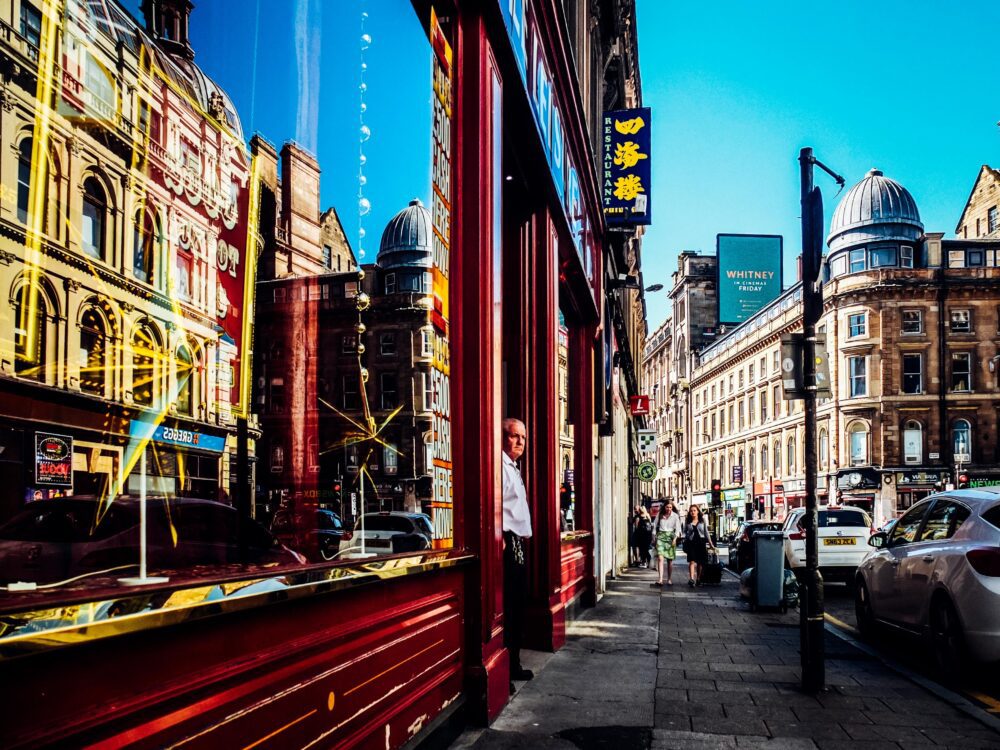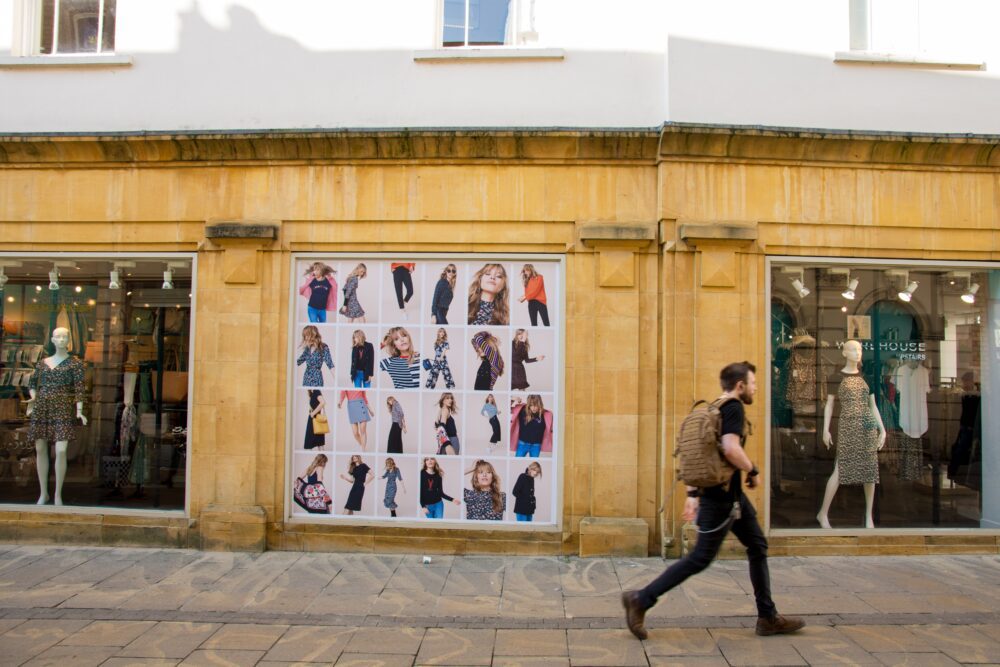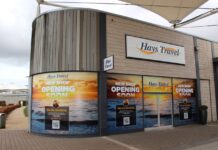The landscape of British high streets has changed dramatically over the last few decades. It has been hit by several different factors; firstly, the out-of-town retail parks that sprung up in the latter part of the 20th century and continued appearing well into this century helped to drive footfall away from the centres of towns and cities and into the outskirts, where free parking and bigger buildings created a better shopping experience.
As these “big box stores” drove away some shoppers, the internet began to keep more of them at home. Online shopping was a novelty back in the late 1990s and early 2000s, but by the 2010s, it was as normal as crossing the street or making a cup of tea. In 2021, more than £140 billion was spent on internet shopping, while back in November 2020, more than one-third of all retail transactions were conducted in cyberspace.

To compound the pressure on retailers, increased costs from business rates, rising energy costs, and other overheads have helped to squeeze their profit margins even more. For some business owners, they’ve faced a choice of innovating or folding.
It hasn’t just been independent stores that have suffered. Big names like Woolworths, Dixons, BHS, Howells, and Jessop have all closed their doors in recent years.
So with no signs of the situation changing any time soon, is there anything we can do to make use of the empty spaces that they leave in their place?
More Experiences
For a long time, retail has mostly been about buying things that you put in a carrier bag and take home with you. But, aside from retailers that sell essentials like supermarkets, many of the most successful high street businesses are ones that have turned shopping into an experience or done away with the traditional shopping element altogether.
That’s why we’ve seen the rise of escape rooms, beauticians, and coffee shops on our high streets. They provide customers with a place to spend time with friends and loved ones, share an experience together, and create memories that will last much longer than most physical trinkets that you’d acquire from a traditional shopping trip.
Casinos have also taken the place of some shuttered shops. Rather than the giant space taken up by more traditional gaming establishments, they typically don’t have traditional table games with human dealers but use electronic machines to offer many variants of popular titles. So, in addition to classic versions of games like blackjack and roulette, players can use the machines to access multi-hand and side bet options like 21+3 blackjack which combines the standard mechanics with three-card poker to create a new betting dynamic. The smaller casino premises mean lower costs but a more convenient location, creating a best of both worlds situation for players and operators.

Converting to Residential Property
Some people have suggested turning unused retail properties into houses or apartments, but this comes with quite a few issues. Firstly, most high street buildings don’t have their own parking, meaning tenants would need to find somewhere else to leave their cars. They’d also have privacy issues with many people walking past their windows all day.
The UK government has been taking steps to make it easier for landlords to get the right planning permission but critics have raised concerns that this would lead to “poor-quality homes”. That said, knocking the original buildings down and replacing them with specially-designed property may be a suitable solution.
Pop-Up Shops and Co-Working Space
Another suggestion that some campaigners and local community groups have made is to leverage empty retail space to support micro SMEs. One of the most common suggestions for this is the creation of co-working facilities where freelancers and start-up businesses can rent a single desk or a small amount of space to work from. As well as creating a quality place of work for these people, it could stimulate networking that creates more local trade.
Alternatively, empty retail units can become pop-up shops for local micro businesses, startups, and entrepreneurs who want to trade in multiple locations. They could be offered short rents of as little as a day for them to sell their wares and leave. This would give many businesses, that simply wouldn’t be able to afford high street rents, access to high footfall areas where they can reach new customers.
















